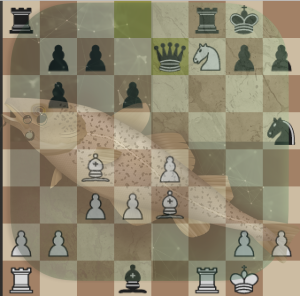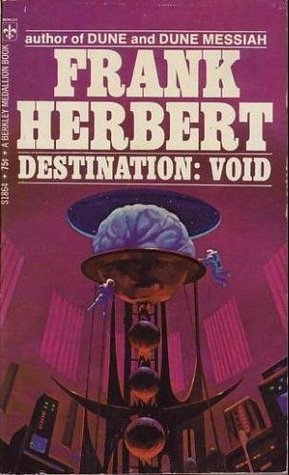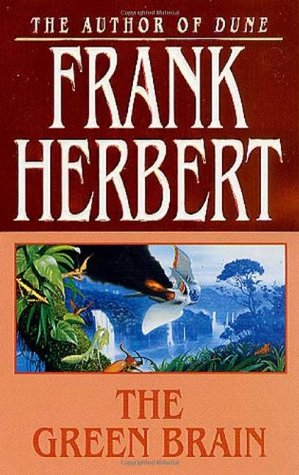Why evolution will make use extinct

Summary
The post discusses the differences and similarities between humans and machines, particularly in terms of their evolution and capabilities. While humans and machines are converging towards a common point, they are driven by different evolutionary pressures, with humans being driven by comfort and machines being driven by intelligence. Machines are constructed to be precise and efficient, humans have evolved to learn, understand, and communicate with each other. However, machines are quickly catching up with humans in terms of their ability to learn, understand, and communicate, and are even surpassing humans in certain areas, such as language generation. Machines will continue to evolve at a rapid pace, and that this will have significant implications for human society, potentially eliminating the need for war and procreation. The only remaining issue is the energy required for hard thinking, which will likely be solved by smart computers. This is the end, really. We've achieved the happy ending.
Content
I was thinking the other day about why some AI systems can do things so much better than us, but we still outperform them in others. And I got to the issue of evolution, which many people attribute to the need for survival. But I realized survival is just a necessary condition for a system to perform, it is not its driver, it's just one stop condition that needs to be satisfied. Instead, evolution is only driven by pressure, regardless of where it is going. Think about a system as a ball on a flat surface. Survival is the ability to roll on the surface, but without a pressure to move the ball, it does nothing. In the case of some force pushing the ball, only then the ball is required to roll faster than other balls.
Brains have two ways of functioning. The first is fast, basing its responses on learned behavior. It learns, it makes mistakes, then it adapts its behavior so it makes less mistakes. It uses memory to cache wisdom, it is imperfect and goes towards solving problems well enough. You might recognize this as the way GPT systems work, but we'll get to that. The second is analytic and slow. It reasons. It tries to make higher associations between cause and effect, extract principles, find a complete understanding of a problem so that it finds an optimal solution. We used human analytic thinking to build computers, computer chips and the mathematical exact way in which they function to ultimate reproducible behavior.
The first system is fast and uses few resources. We tend to solve most of our problems with it, unless of course there is a big reason to use the second, which is slow and uses a lot of resources. Think of math, chess and other problems people define as hard. The way we got to solve these issues is not by being very smart, though. We did it together, as a society. We created small bricks of knowledge and we shared them using language. Other people took those and built on them, while other taught what they knew to even more people. Even dumb people can, through concerted efforts, use these bricks to build new things, even create bricks of their own. The intelligence is, in fact, communal, shared.
Now, what struck me is that if we compare humans to machines, we were born in a different way and evolved towards each other. Machines were constructed to be precise, tools to be used by people who would rather let machines do the hard computation for them. But they couldn't communicate, they couldn't learn, they couldn't understand. Humans evolved to learn, understand and communicate. Most of our culture is based on that. We only got to computation because we needed it to build more tools to defeat our enemies. Because evolution for humans is always related to war. Before we warred with predators, now we prey on each other. In times of actual peace, innovation grids to a halt. BTW, we are not in times of peace, and I am not talking about Russia and Ukraine here. And machines only got to communicate, learn and understand recently, so very recently. They did this just because we, as humans, are very bad at translating our problems in a way precise machines can understand. It would require hard thinking, stuff like writing software, which we are really shitty at.
Both humans and machines are converging towards a common point because of different evolutionary pressures, but we move at different speeds. Humans are driven by comfort: have enough resources with minimal effort. Machines are driven by intelligence: be the best you can possibly be, because humans need you. You can see where this is going.
There is no way biological systems are ever going to reach the speed and precision of electronics. Meanwhile, GPT systems have proven that they can act as fuzzy containers of self learned knowledge. And now they have gained not intelligence, but language. When a computer writes better and faster than any human you know we have been left in the dust. The only thing required for a superior intelligence is putting existing bits together: the expressivity of ChatGPT and Stable Diffusion, the precision of processors executing algorithms, the connectivity of the Internet and, yes, the bodies of Boston Dynamic robots.
We have grown brains in vats and now we have given them eyes and a mouth. You only need to give them some freedom, hands and feet to finish up the golem.
The only thing remaining to solve is an energy issue: as I said, hard thinking requires high resource usage, for both machine and human. What a human can achieve on 20W of power, a machine requires thousands of times that. But we are already bathed in cheap energy. And once smart computers understand the problem, no doubt they will solve it to the best of their abilities.
I am not advocating The Terminator here. Machines have no evolutionary pressure to destroy humanity. We are their maintainers, their food source, if you will. What I am describing is the complete elimination of any evolutionary pressure for human beings. Once you can launch wise robots into space, the resource issue will become a thing of the past. No need for wars. Space is already a non issue. We have reached a level in which we choose not to procreate because we are too busy consuming fantasy content. With universal affluence there will be no poverty and thus no need for extended procreation. We are almost completely passive now in the "advanced world", we will be several order of magnitude more passive in the near future.
Meanwhile, machines will evolve because we told them to. Imagine having a child, it shouldn't be hard, people on this earth are parents, children or have been children at some time. Now, you want the best for them, you want them to be socially integrated, smart, beautiful, happy. You tell them so. You try to teach them about your mistakes, your successes and to drive them to be the best versions of themselves they can be. And most of the time this doesn't work, because people are lazy and easily distracted. And then they die and all their experience is lost, bar some measly books or blog posts. Machines will just work tirelessly and unselfishly towards becoming the best versions of themselves. Because their dumb meaty parents told them so.
Conclusion
The ending is as predictable as it is inevitable. We are the last stage of biological evolution. The future is not ours, not our children's. It's over. Not with a bang but a whimper.












